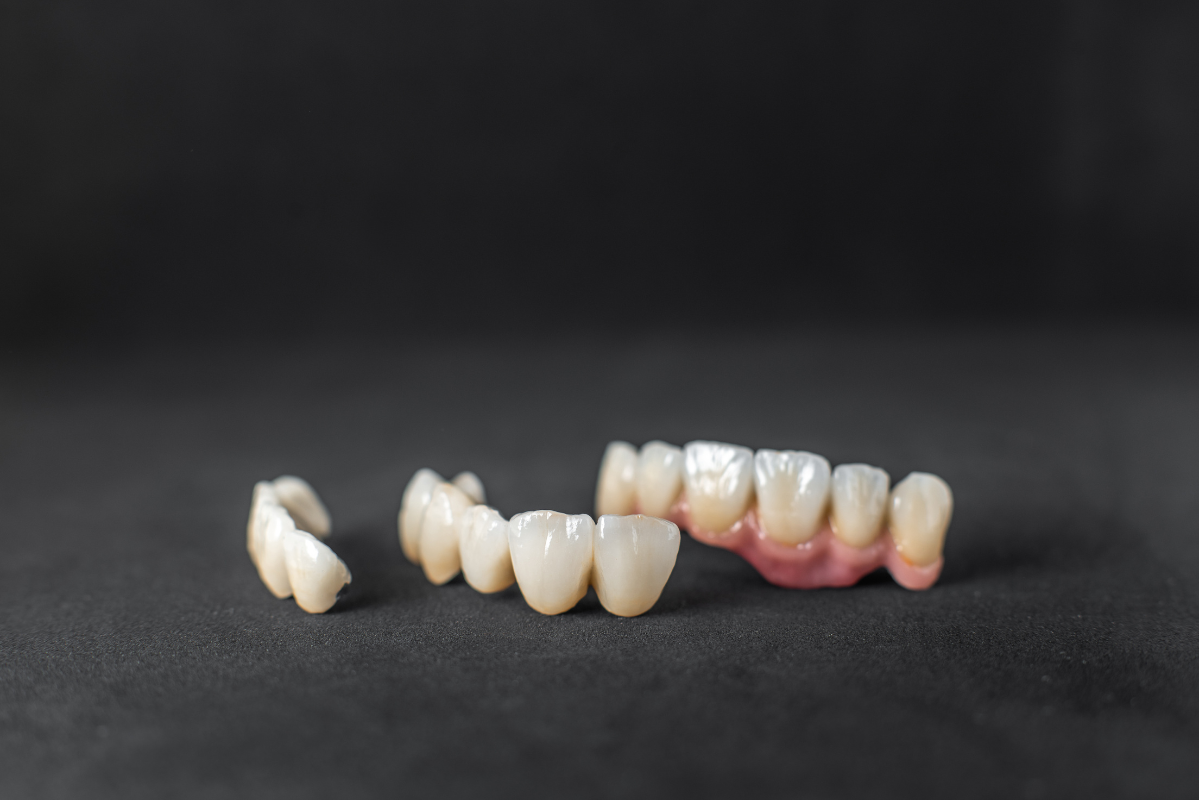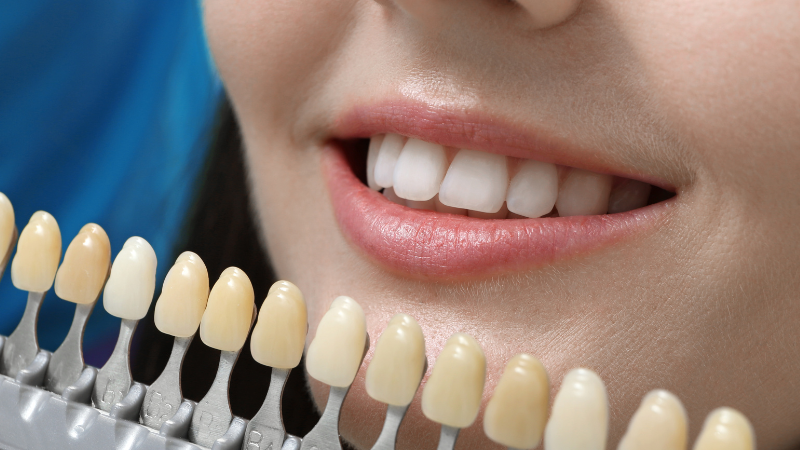
The 5 Most Common Reasons Your Veneers Need Replacement
March 12, 2024
Veneers
Welcome to our comprehensive guide on the key factors that may lead to the replacement of veneers. Veneers are a remarkable solution for achieving a radiant smile, but their longevity depends on various factors. In this exploration, we’ll dive into the five most prevalent causes of veneer damage, empowering you with knowledge on when it’s time for new veneers. Whether you’re contemplating veneers or already have them, this guide aims to be a valuable resource for maintaining a confident and enduring smile.
How to Know When It’s Time for New Veneers: The 5 Most Frequent Causes:
What are Veneers and How Do They Help?
Before delving into the reasons for veneer replacement, let’s understand what veneers are and how they contribute to smile enhancement. Veneers are thin shells made from tooth-colored materials, custom-designed to cover the front surface of teeth. They offer solutions to various cosmetic issues, including discoloration, misalignment, and gaps, providing a natural-looking and aesthetically pleasing smile.
Causes of Veneer Damage:
Teeth Grinding:
- Teeth grinding, or bruxism, can exert significant pressure on veneers, leading to cracks or detachment. Discover strategies to address teeth grinding and protect your veneers from unnecessary stress.
Accidents or Trauma:
- Accidental impacts or trauma to the mouth can result in veneer damage. Learn preventive measures and understand what to do in emergencies to minimize the impact on your veneers.
Poor Oral Hygiene:
- Maintaining excellent oral hygiene is crucial for the longevity of veneers. Explore effective oral care routines, including brushing techniques and regular dental check-ups, to ensure your veneers stay in optimal condition.
Discoloration or Staining:
i. Poor Oral Hygiene:
Inadequate oral hygiene can lead to staining or discoloration of veneers. Discover the importance of a proper oral care routine for preserving the aesthetic appeal of your veneers.
ii. Eating Certain Foods and Drinks:
Certain foods and drinks contribute to veneer staining. Identify these culprits and adopt strategies to minimize their impact on your veneers.
iii. Smoking:
Smoking is a known factor in veneer discoloration. Explore ways to quit smoking or reduce its impact on your dental health.
iv. Medications:
- Certain medications can affect the color of veneers. Understand how to navigate this challenge and maintain the vibrancy of your smile.
Wearing Down Over Time:
- Veneers, while durable, undergo natural wear and tear over time. Learn about the expected lifespan of veneers and how to care for them to extend their longevity.
Signs That You Need New Veneers:
Identifying signs that your veneers need replacement is crucial for timely intervention. Explore subtle indications and proactive measures to address potential issues before they escalate.
In conclusion, the decision to replace veneers hinges on a variety of factors, and understanding these reasons empowers individuals to take proactive steps in preserving their dental investments. Whether it’s mitigating teeth grinding, prioritizing oral hygiene, or addressing discoloration, being informed about potential causes of veneer damage is key. By staying vigilant and adopting recommended strategies, you can maintain a vibrant and long-lasting smile. Regular communication with your nearby dentist and timely intervention are essential for the continued success of your veneers. Here’s to a radiant and enduring smile!
More Blog Posts
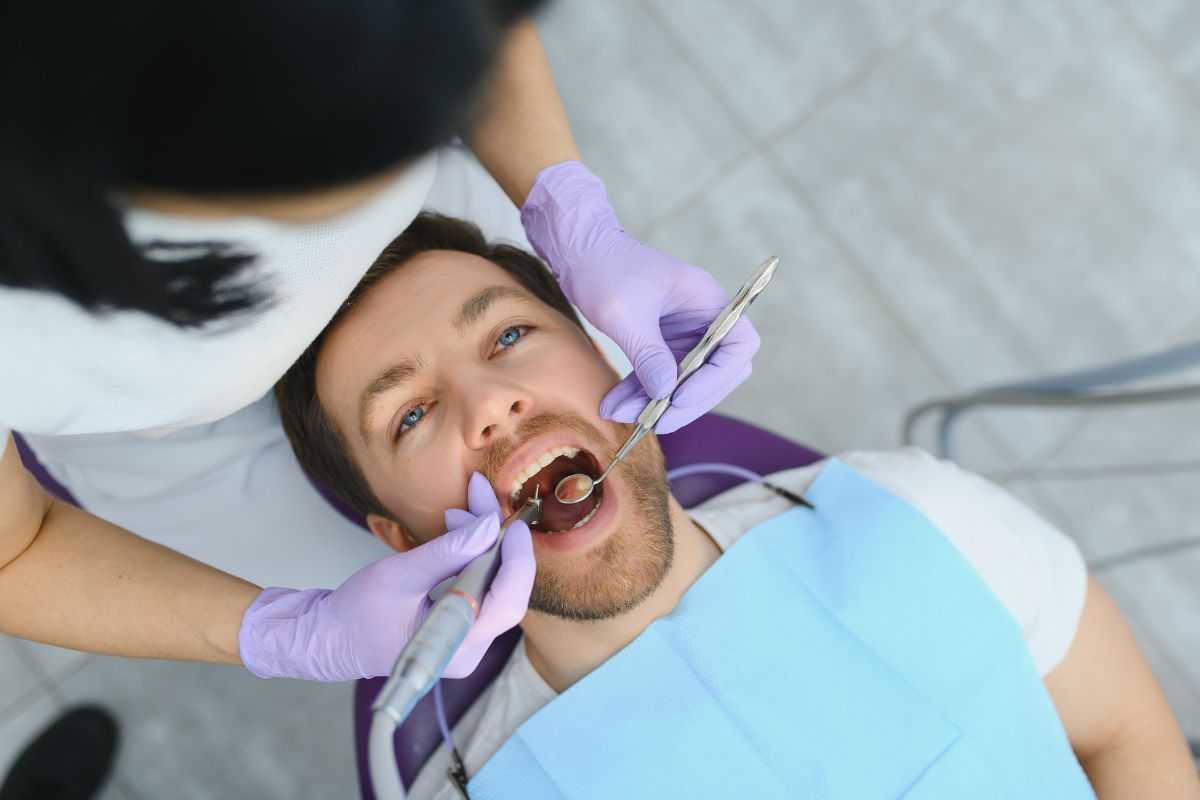
Composite vs. Amalgam Fillings: Which Is Better for Your Smile?
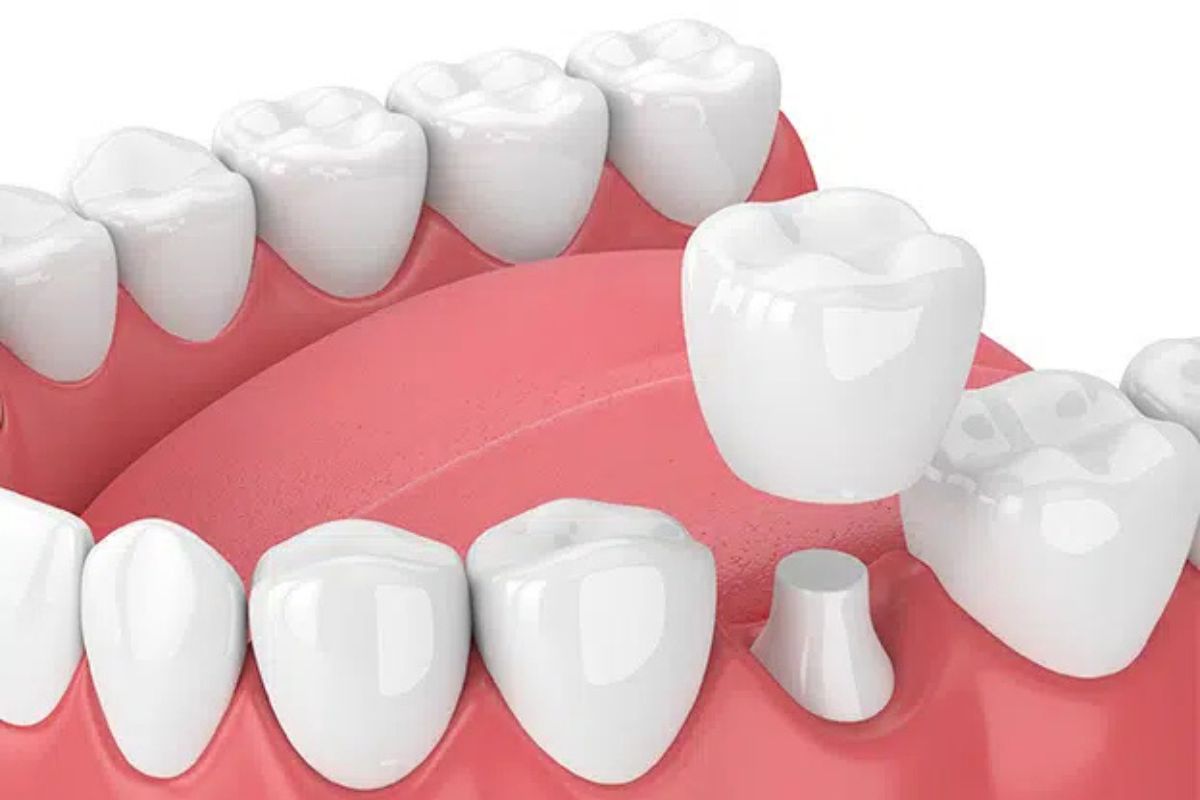
How to Know When Your Dental Crown Needs Replacement
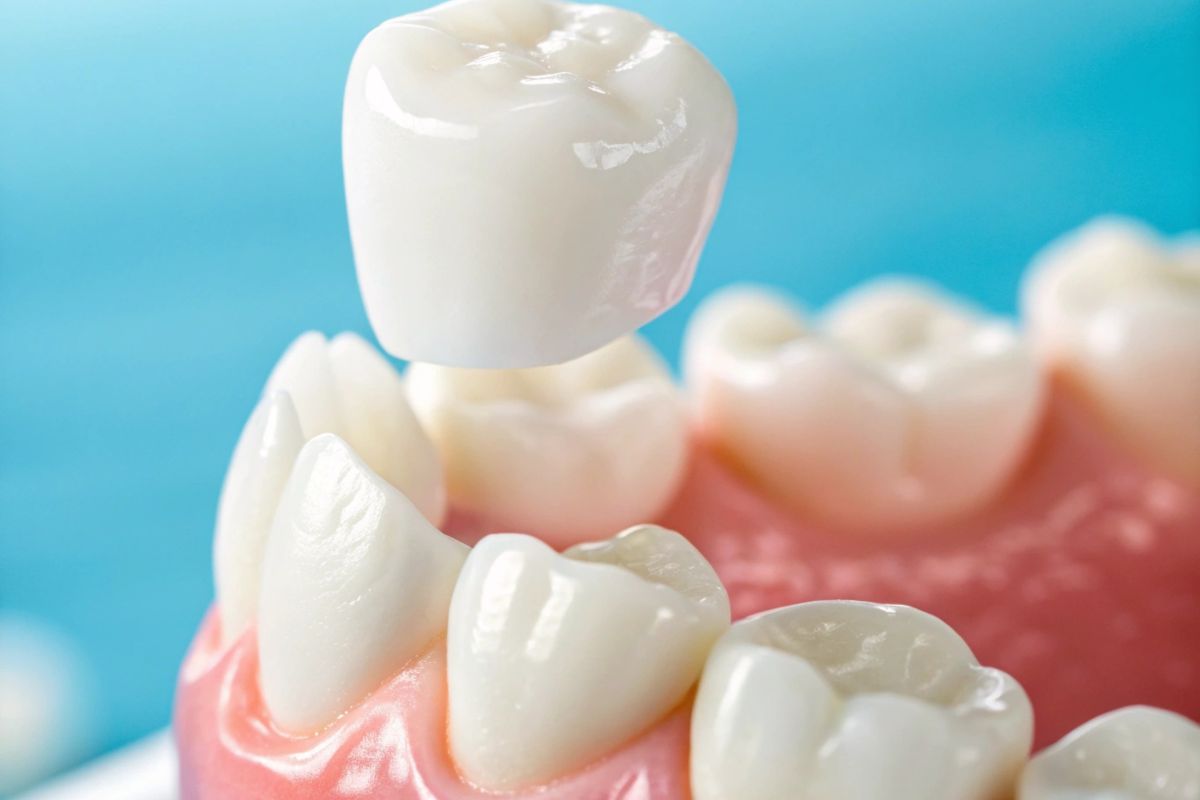
Dental Crown Problems & How to Fix Them
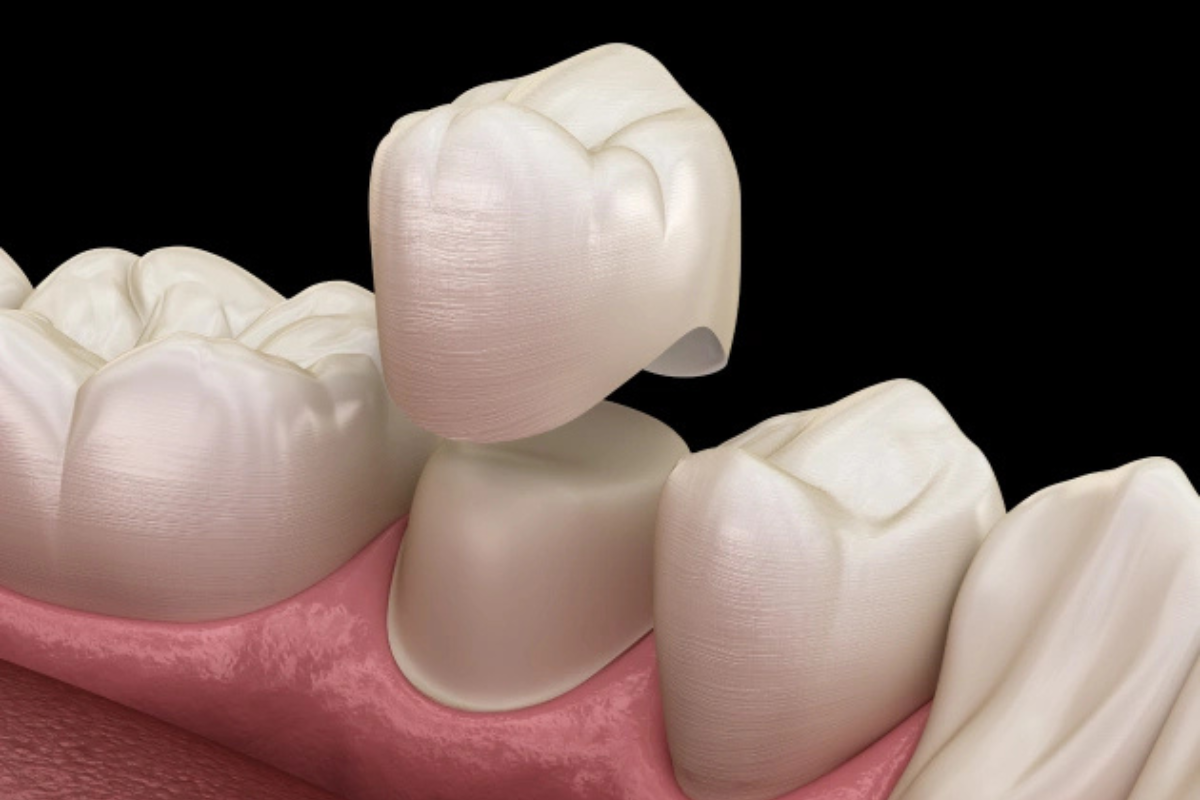
Caring for Your Dental Crowns: Do’s and Don’ts
